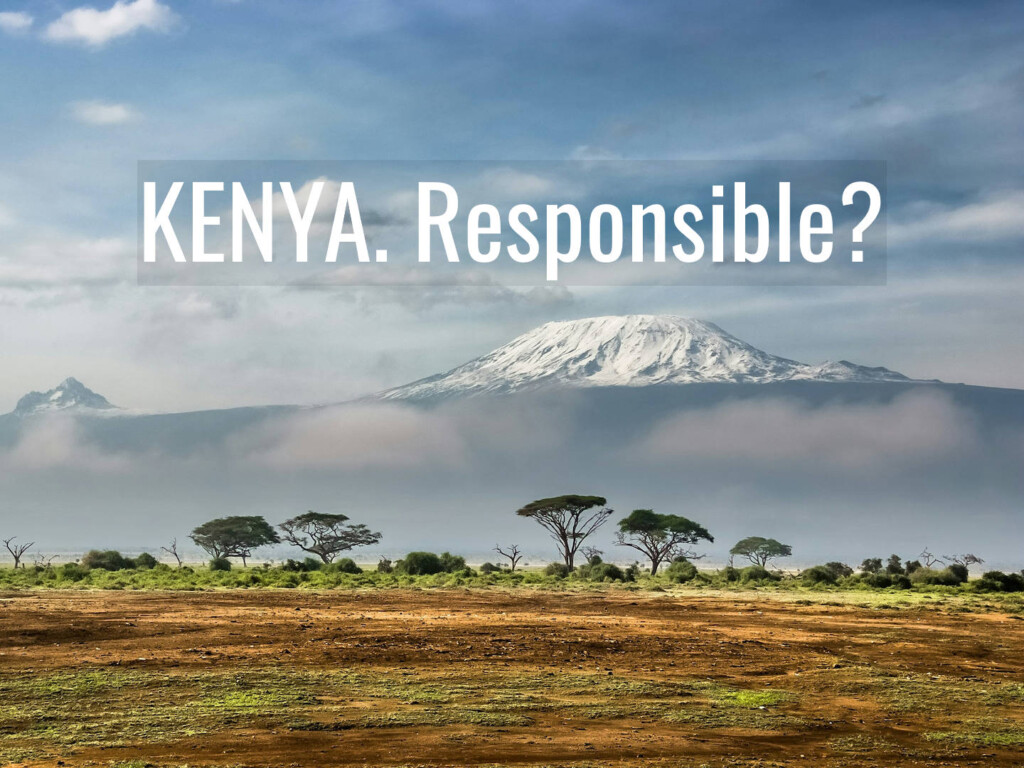Marketing is an essential aspect of the travel & tourism industry. The industry relies heavily on marketing to attract travellers to its destinations, hotels, resorts, and tourist attractions.
Travel, tourism, and destination marketing is a specialised field that requires a comprehensive understanding of the target audience, marketing strategies, and trends.
The first step in marketing travel & tourism is to identify the target audience. Different destinations, service providers, and tourist attractions appeal to different groups of people. For example, adventure activities such as hiking and bungee jumping may appeal to younger, more adventurous travellers, while luxury resorts and spas may appeal to older, more affluent individuals. Marketers need to identify the demographics, psychographics, and travel behaviours of their target audience to create tailored marketing messages that resonate with them.
Once the target audience is identified, marketers need to develop effective marketing strategies that communicate the unique value proposition of the destination or tourism product. This includes creating compelling content such as photos, videos, and blogs that showcase the destination’s attractions, culture, and history.
Social media has become an essential tool for travel and tourism marketers as it provides a platform for engaging with travelers and sharing content. Platforms such as Instagram, Facebook, and Twitter enable marketers to create targeted ad campaigns that reach specific audiences.
In addition to creating content and leveraging social media, travel & tourism marketers also use various promotional tactics such as discounts, special offers, and loyalty programs to attract and retain customers. These tactics are particularly effective for attracting first-time visitors and building brand loyalty. Marketers also collaborate with travel agents and tour operators to promote their destinations and products, as well as participate in industry events such as trade shows and exhibitions to connect with potential customers.
Another critical aspect of travel & tourism marketing is managing the destination’s reputation. Reviews and ratings from previous visitors play a significant role in influencing the decision-making process of potential travellers. As such, marketers need to ensure that the destination’s reputation is protected by monitoring and responding to customer feedback on review sites.
In a nutshell, travel & tourism and destination marketing is a complex process that requires a deep understanding of the target audience, marketing strategies, and industry trends. By leveraging social media, creating compelling content, and using promotional tactics, marketers can effectively communicate the unique value proposition of their destinations and products, attract and retain customers, and build brand loyalty.






